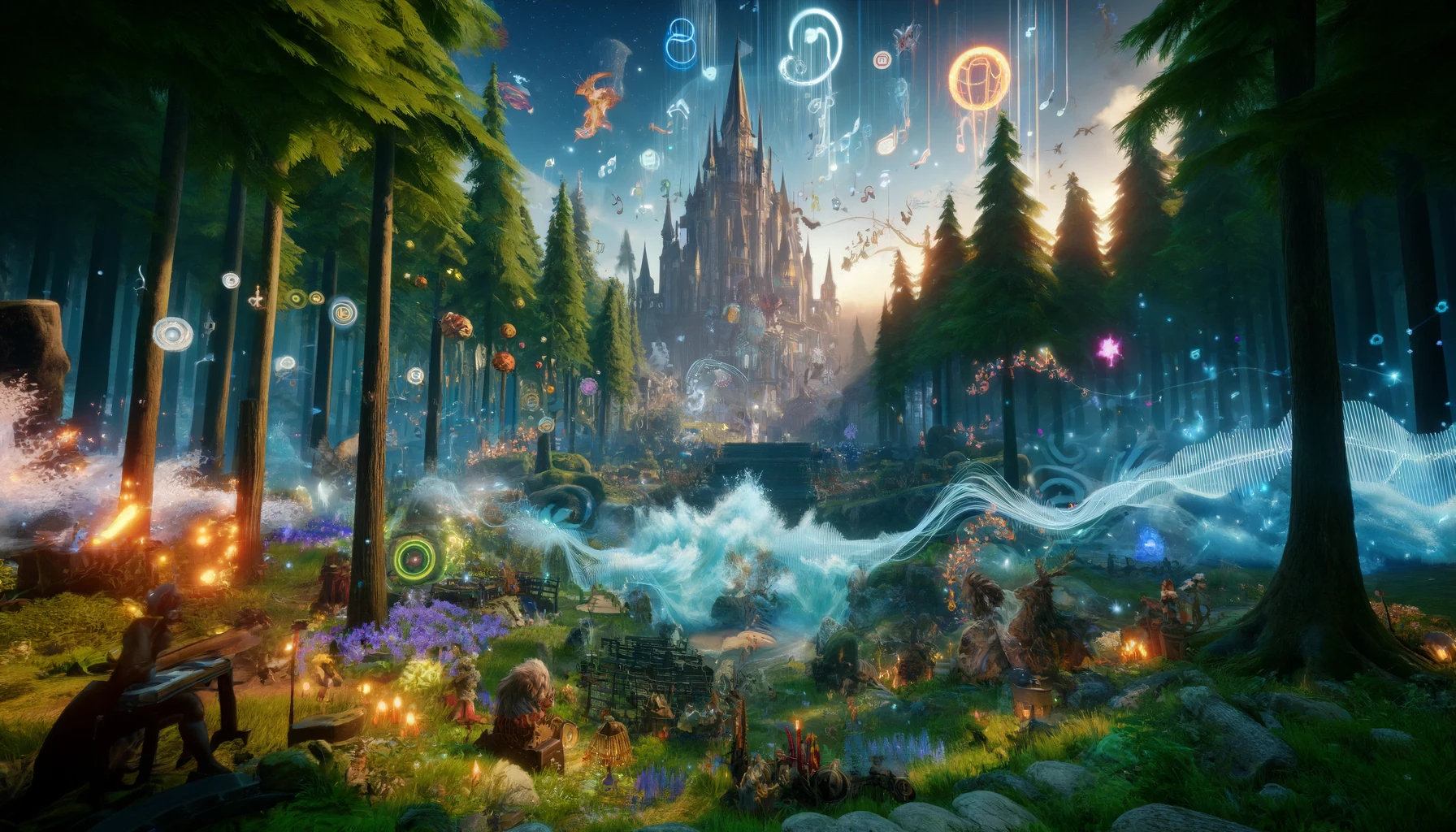Sound design is an often overlooked but crucial aspect of video game development. It involves the creation and integration of audio elements such as music, sound effects, and voiceovers to enhance the gaming experience. While visuals and gameplay mechanics are typically the most discussed components, sound design plays a pivotal role in immersing players in the game world and amplifying the emotional impact of the narrative.
One of the primary functions of sound design in video games is to establish the atmosphere. The background music and ambient sounds can set the tone for different environments, from the eerie silence of a haunted mansion to the bustling noise of a futuristic city. For instance, the ominous music in horror games like "Resident Evil" creates a sense of dread and anticipation, while the uplifting soundtrack in adventure games like "The Legend of Zelda" inspires a feeling of heroism and exploration.
Sound design also plays a critical role in gameplay mechanics. Audio cues can provide players with important information that visual elements alone might not convey. In action games, for example, the sound of footsteps can alert players to an approaching enemy, while the distinctive noise of reloading can signal an opportunity to strike. In puzzle games, different sound effects can indicate success or failure, guiding players towards the correct solutions.
Moreover, sound design enhances the storytelling in video games. Voice acting brings characters to life, making them more relatable and memorable. The emotional nuances conveyed through voice performances can deepen the player's connection to the narrative. Additionally, sound effects can accentuate key moments in the story, such as the clashing of swords during a climactic battle or the gentle rustling of leaves in a poignant, reflective scene.
The interactive nature of video games allows sound design to be dynamic and responsive, adapting to the player's actions and decisions. This interactivity enhances immersion, as the audio landscape shifts in real-time to reflect the unfolding events. For instance, in open-world games like "Grand Theft Auto," the music might change based on the player's location or the level of action, creating a seamless and engaging experience.

Sound design also contributes to the overall polish and professionalism of a game. High-quality audio production can elevate a game from good to great, adding layers of depth and realism. Players may not always consciously notice the sound design, but they certainly feel its impact. Poor sound design, on the other hand, can break immersion and detract from the overall enjoyment of the game.
In conclusion, sound design is an integral element of game development that significantly influences the player's experience. By establishing atmosphere, enhancing gameplay mechanics, supporting storytelling, and providing dynamic interactivity, sound design helps create more immersive and exciting video games. As technology continues to advance, the potential for innovative and compelling sound design in gaming will only grow, promising even more thrilling and engaging experiences for players.
Ava-Rose Rowland
Belinda Frost
Lemar Mcfarland